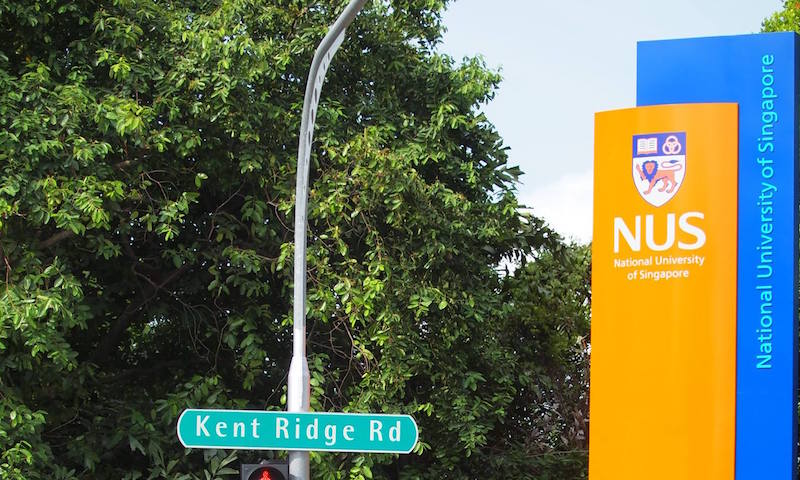It’s been a couple days since Singaporean undergraduate Monica Baey courageously stepped into the spotlight to reveal details of her experience being filmed in the shower by a fellow National University of Singapore (NUS) student and voyeur last November. Previous sexually-related assault and harassment cases that occurred on campus soon surfaced, along with data on disciplinary action taken.
As the issue went viral on social media, the school’s dean of students issued an apology for the victim’s “distressing” experience, her mother spoke up in support of her, and Minister for Education Ong Ye Kung called for heavier penalties as opposed to the current “two strikes and you are out” policy.
Countless voices were raised, with some wondering why the punishment in this particular sexual misconduct case was so lenient — the 23-year-old male perpetrator was given a 12-month conditional warning for committing criminal trespassing and insulting the modesty of the female student. Others asked why the peeping tom’s “future” was taken into consideration when he’d stomped on the victim’s dignity by acting the way he did.
Prominent poet-writer Alfian Sa’at also voiced his anger at the case in a Facebook post, calling out the adult male for trespassing and recording the video of the woman in the shower without her knowledge or consent.
“This man invaded the victim’s privacy, he degraded her dignity, and he maliciously recorded material that could ruin the victim’s future,” he said.
In light of all the heated discussions around the “punishment” meted out to the accused, and how some deemed it insufficient for the severity of the crime, the Singapore Police Force (SPF) released a media statement detailing the case.
Stating that NUS was in the process of reviewing its rules on “how such conduct is to be treated,” the police said that the SPF and the Attorney-General’s Chambers (AGC) also understood public concerns, “on ensuring that our laws and enforcement provide sufficient protection for potential victims, and sufficient deterrence against would-be offenders.”
According to the statement, the factors considered by the SPF in each case include the age of the accused, the likelihood of reoffending or rehabilitation, the extent of remorse shown, and other aggravating factors.
In this particular case, the police clarified that the man was “assessed to have a high likelihood of rehabilitation, and was remorseful.” There was also “the absence of other obscene materials in any of his devices.”
“A prosecution, with a possible jail sentence, will, likely ruin his entire future, with a permanent criminal record,” the statement read. “Taking into account these factors, he was given a conditional warning, which means that if he commits any other criminal offence within 12 months, he will be liable to be prosecuted for both this current offence and the subsequent other offence. He will then likely face a jail sentence.”
Explaining that there have been “a number of similar cases, where such conditional warnings have been given,” the police reiterated that Singapore’s criminal justice system “seeks to temper punishment and deterrence, with giving offenders a second chance to reform, based on assessment of the relevant factors.”
In regards to allegations that the accused bore the backing of an influential family, the police shut it down by revealing that the man’s parents had agreed to disclose their occupations — the father is a driver in the public transport sector while the mother is a housewife.
 National University of Singapore/Facebook" width="100%" />
National University of Singapore/Facebook" width="100%" />



